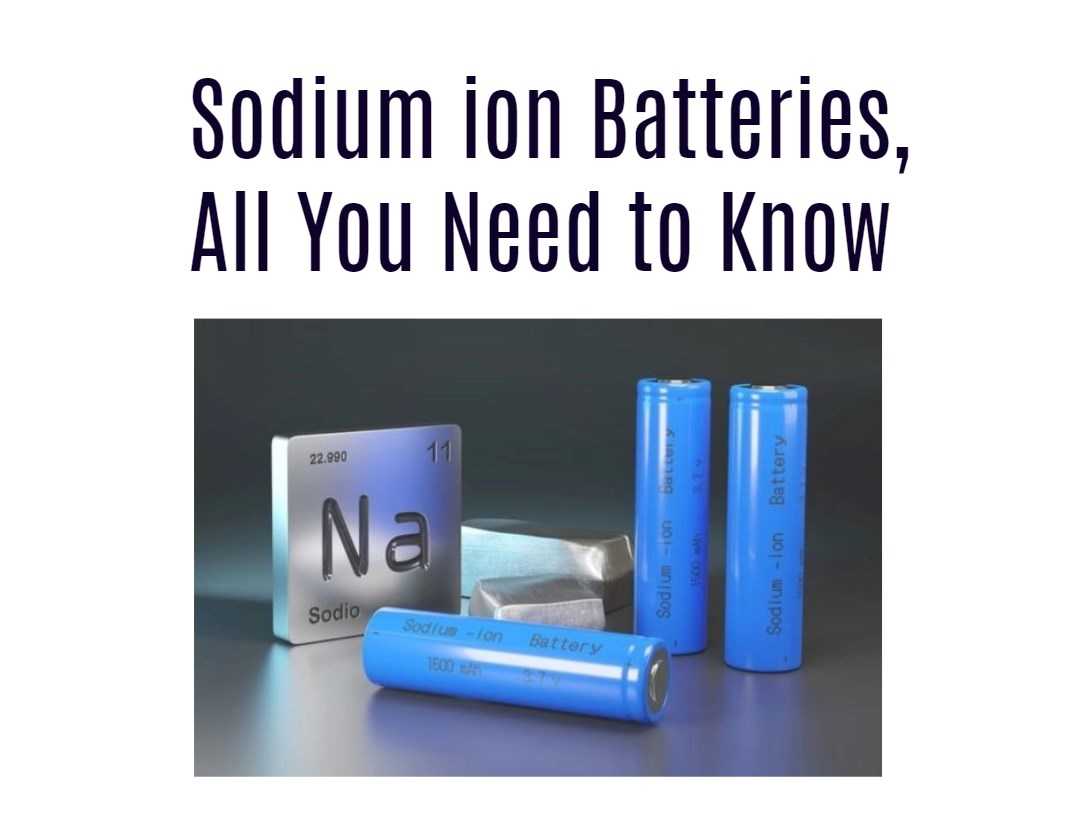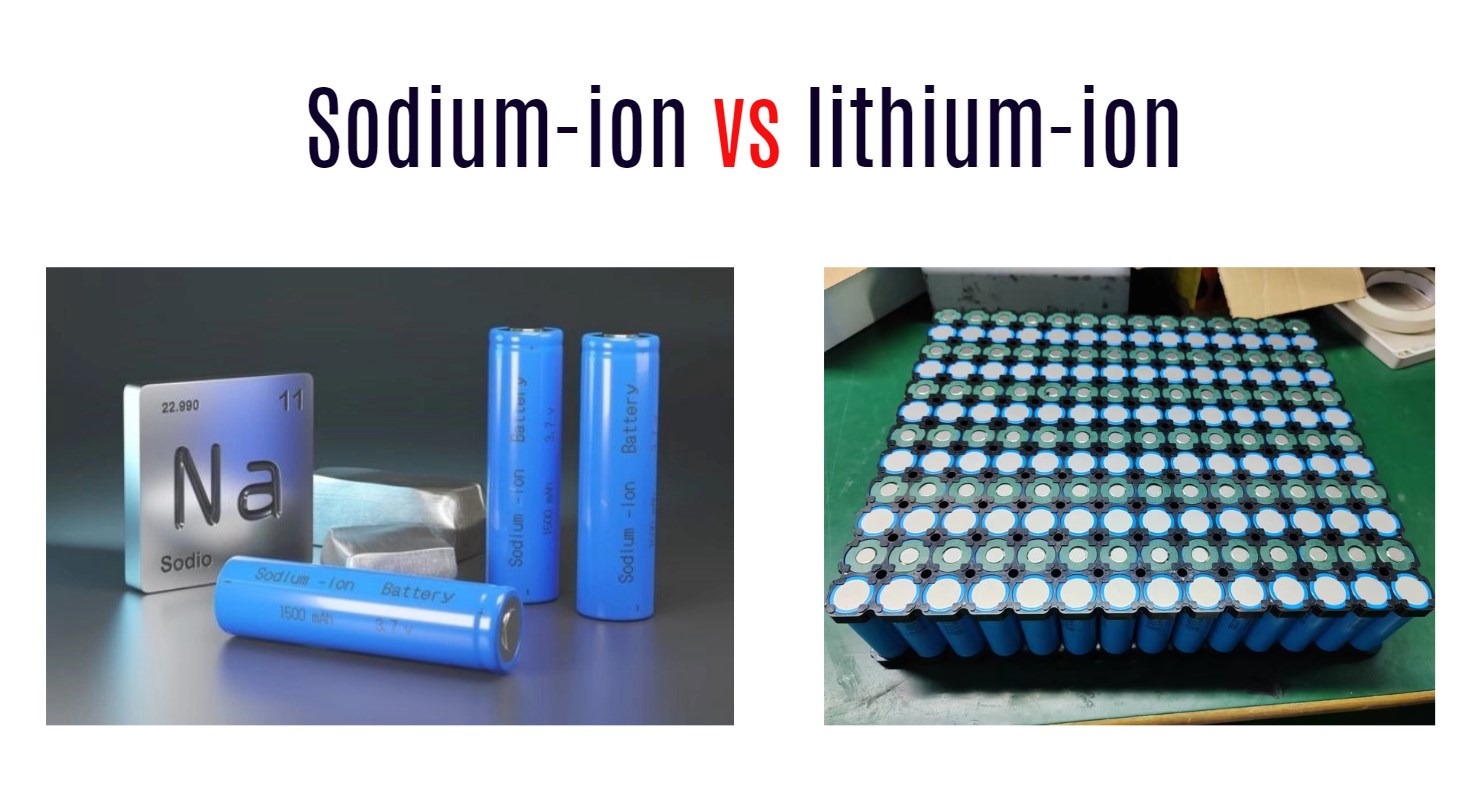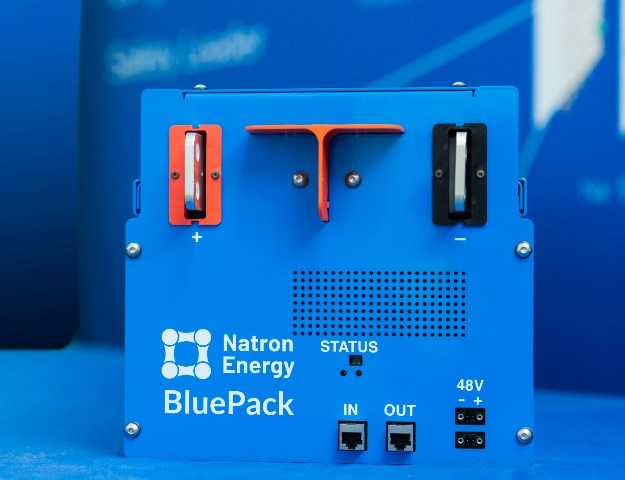Exploring alternatives to lithium-ion batteries, sodium-ion batteries emerge as a promising contender. While offering potential advantages such as lower cost and abundance of sodium resources, they face challenges including lower energy density. Despite advancements, widespread adoption hinges on overcoming technical hurdles and scaling up production.
Are there lithium free batteries?
- Lithium-Free Battery Innovations: Companies like Alsym Energy have developed non-flammable, high-performance rechargeable battery chemistries that are free of lithium and cobalt.
- Safety and Sustainability: Lithium-free battery technologies aim to provide safer and more sustainable alternatives to traditional lithium-based batteries.
- Diversifying Battery Options: The development of lithium-free batteries expands the range of choices for energy storage applications.
What are the advantages of sodium-ion batteries?
- Energy-Efficient Power: Sodium-ion batteries provide energy-efficient power, allowing for efficient energy usage.
- Fast Charging: These batteries have fast charging capabilities, ensuring quick and convenient usage.
- Stability and Safety: Sodium-ion batteries exhibit stability against temperature extremes and prioritize safety, preventing overheating or thermal runaway.
What are the disadvantages of sodium-ion batteries?
- Low Energy Density: Sodium-ion batteries have a lower energy density compared to batteries like lithium-ion, which means they can store less energy per unit weight.
- Performance Implications: The lower energy density of sodium-ion batteries may impact their overall performance and suitability for certain applications.
Sodium-ion batteries vs lithium-ion batteries
Sodium-ion batteries vs lithium-ion batteries: Sodium-ion batteries use sodium ions instead of lithium ions. Sodium is abundant and eco-friendly. While lithium-ion batteries dominate now, sodium-ion batteries offer cost-effectiveness and safety.
- Sodium vs. Lithium:
- Sodium-ion batteries swap lithium ions for sodium ions.
- Sodium is abundant and found in everyday items like table salt, making it cheaper and more environmentally friendly.
- Safety and Environment:
- Sodium-ion batteries are safer than lithium-ion batteries because they’re less likely to catch fire.
- They’re also more eco-friendly since sodium is readily available in nature.
- Current Dominance:
- Lithium-ion batteries are currently more common due to their higher energy density and existing infrastructure.
In conclusion, while lithium-ion batteries are currently more prevalent, sodium-ion batteries offer a promising alternative that’s safer and more sustainable in the long run.
Are sodium batteries better than lithium?
- Lower Cost: Sodium-ion batteries are generally more cost-effective compared to lithium-ion batteries.
- Enhanced Safety: Sodium-ion batteries exhibit improved safety characteristics, ensuring safer usage.
- Similar Power Delivery: Sodium-ion batteries deliver power in a manner similar to lithium-ion batteries.
What is the problem with sodium batteries?
- Lower Energy Density: Sodium-ion batteries have a relatively lower energy density compared to battery technologies like lithium-ion batteries.
- Impact on Performance: The lower energy density of sodium-ion batteries may affect their overall performance and suitability for certain applications.
Why are we not using sodium-ion batteries?
- Lower Energy Density: Sodium-ion batteries have a lower energy density compared to lithium-ion batteries, meaning they can store less energy per unit volume or weight.
- Impact on Performance: The lower energy density of sodium-ion batteries may affect their overall performance and suitability for certain applications.
- Limitations in Rechargeability: Sodium-ion batteries may have a lower life cycle, which affects their lifespan and rechargeability.
Will sodium batteries replace lithium?
- Complementary Nature: Sodium batteries are considered complementary to lithium batteries, offering their own advantages.
- Specific Applications: Sodium batteries are explored as an alternative for specific applications in the energy storage landscape.
- Not Direct Substitutes: Sodium batteries are not expected to replace lithium batteries entirely, but rather work alongside them.
The complementary nature of sodium batteries and lithium batteries allows for a more diverse range of energy storage solutions to meet different application requirements.
What is the new sodium battery?
- High-Performance Hybrid: The new sodium battery is a high-performance hybrid sodium-ion energy storage device.
- Superior Energy Density: This battery surpasses the energy density of commercial lithium-ion batteries, offering enhanced storage capacity.
- Rapid Charging and High Power Density: The new sodium battery combines the characteristics of batteries and supercapacitors, enabling rapid charging and high power output.
Who makes sodium-ion batteries in the USA?
- Natron Energy: Natron Energy is one of the companies producing sodium-ion batteries in the USA.
- Sodium-Ion Battery Plant: Natron Energy operates a sodium-ion battery facility in Holland, Michigan.
- Operations and Alternative Storage: The facility began operations in April 2024, providing an alternative to lithium-based energy storage solutions.
What company is making sodium batteries?
- Natron Energy and Altris: Companies like Natron Energy and Altris are engaged in the production of sodium-ion batteries.
- New Production Facilities: These companies have announced the opening of new sodium-ion battery production facilities.
- Advancing Sodium Battery Technology: Their involvement contributes to the development and advancement of sodium battery technology.






